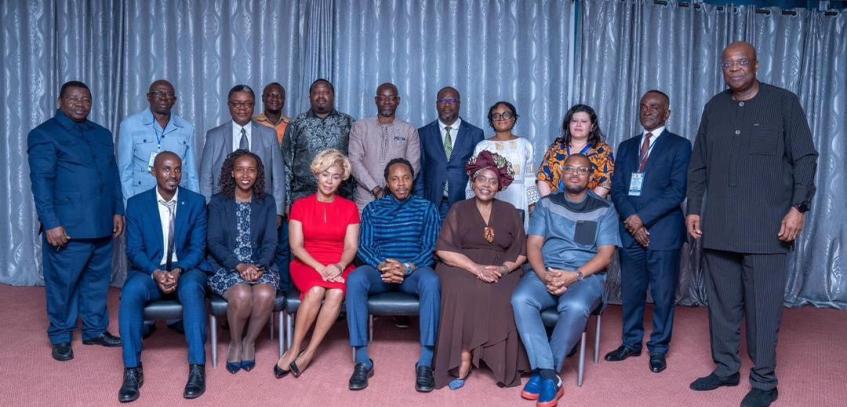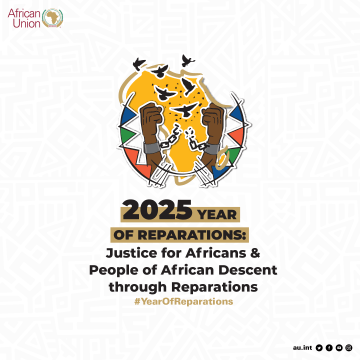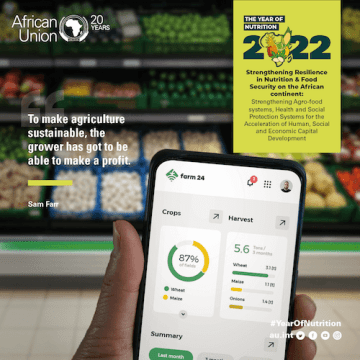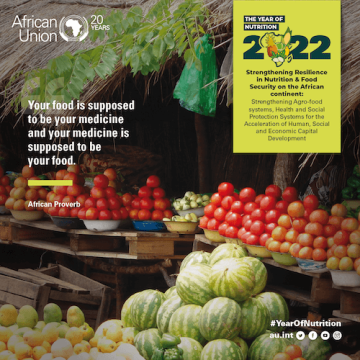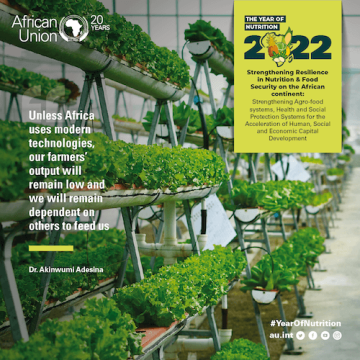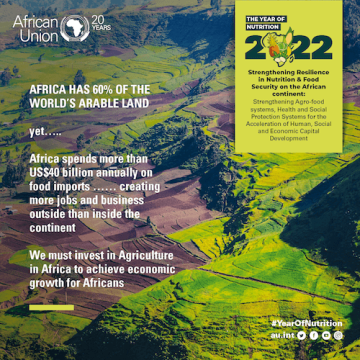4 November 2023 - Free Town, The African Peer Review Mechanism in partnership with the African Association for Public Administration and Management (AAPAM) – Kenya, National School of Government in South Africa, SDGs centre for Africa (Rwanda), African Union Economic, Social and Cultural Council (AU ECOSOCC) supported the first national “Multi-stakeholder’s Forum on Civil Service Reforms: Towards an Efficient, Effective and Inclusive Public Service in Sierra Leone” under the leadership of H.E Amara Kallon, Minister of Public Administration and Political Affairs (MPAPA) and Chair of APRM Focal Points. The Forum is resonated as one of the key initiatives initiated by the MPAPA to implementing the recommendations of the APRM reviews conducted in Sierra Leone, especially the Targeted Review on Unconstitutional Change of Government (UCG) which was launched on 1 November 2023.
The Multi-stakeholder consultations witnessed broad participation of civil servants alongside representatives from civil society, development partners as well as African countries including Kenya, South Africa and Ghana. Ministers of planning and Economic Development, Education, and Gender in Sierra Leone also took part in the forum. During two days, discussions of the forum focused on key themes including 1) Implementation of the cluster four (4) of the New Direction Manifesto Commitments- civil service delivery ; 2) APRM Assessment Reviews in Sierra Leone and implementation of National Plan of Actions ; 3) Sierra Leone’s Perception on Principles of effective governance of SDGs and experience sharing with other countries; 4) Revamping civil service in Sierra Leone and enhancing effectiveness and competencies of civil servants; 5) Accountability: core strategies and best practices ; 6) Digitalisation and E-governance for efficient service; and lastly 7) Strategic Partnerships for the implementation of civil service reforms.
During the opening session, Dr David M. Sengeh, Chief Minister of the Republic of Sierra Leone commended the APRM support for continuing the civil service reforms process. He also emphasised that civil service is a key enabler for sustainable socio-economic development -and effective public service delivery. Chief Minister also alluded to the Government’s efforts throughout the past five years to invest in Human Capital Development through providing free access to primary education and capturing on citizens’ aspirations for better lives and jobs. A reference was equally made to the current reforms of the justice sector as a key pillar of reforms which shall be aligned with civil service pillar as both can be game changer for a responsive and agile civil service.
On behalf of APRM continental Secretariat, Prof. Eddy Maloka expressed his appreciation to the Chief Minister and Presidency for their ownership to lead the APRM with enthusiasm and determination to improve governance conditions in Sierra Leone and across the continent. He also noted that the Multi-Stakeholder Forum on Civil Service in a significant step towards the implementation of the recommendations generated by the APRM targeted review on unconstitutional change of government and the recommendations highlighted in the APRM Biennial Governance mechanisms Report for the implementation of SDG 16 and Agenda 2063.
The forum witnessed different inputs from Senior African Experts on civil service experiences and capacity building opportunities for peer-learning with other countries. These inputs were provided by Mr. Busani Ngcaweni- Principal, National School of Government and Commissioner Lulu Sizani - Resident Commissioner: Eastern Cape Province- South Africa, Dr George Scott, Secretary General, AAPAM, and Mr. William Carew - Head of Secretariat, Economic, Social and Cultural Council, African Union.
The forum’s discussions concluded the need to consider key recommendations such as :1)the necessity to build a compact between politicians and civil servants and accelerate adoption of civil service code, regulation and public service Bill to harmonise collaboration between different entities and avoid duplicated mandates ; 2) importance of embracing professional ethics environment for civil servants; 3) efficient use of resources; 4) promoting Digital transformation and facilitating dialogue with citizens through outreach community initiatives to raise awareness as regards importance of technology ; 5) shifting the narrative of civil Service from action from compliance and rules to compliance with ethics and values for an efficient driven service delivery; 6) capitalising on the Diaspora of Sierra Leone and other African countries to enrich human capital of civil servants; 7) strengthen APRM collaboration with strategic partners i.e. UNDP, EU and other BRICs countries to implement reform programs in SL; 8) enhancing gender mainstreaming and disability measures across civil service entities to improve inclusiveness of civil service sector.
In closing, Hon. Amara Kallon expressed his appreciation to APRM and all strategic partners and African countries for supporting this initiative. He emphasised the importance of conveying this forum on annual basis to provide a platform for civil servants and other partners to follow-up on the implementation of programs pertinent to the civil service reform process as well as encourage an inclusive dialogue amongst civil servants and other non-state actors.
For further inquiries, please contact us:
About the African Peer Review Mechanism (APRM)
The African Peer Review Mechanism (APRM) is a mutually agreed instrument for member countries to voluntarily self-monitor their compliance with agreed international and continental governance standards. The APRM's vision is to build an Africa that is prosperous, peaceful, democratic, and sustainable. It aims to foster the adoption of policies, standards, and practices that lead to political stability, high economic growth, sustainable development, and accelerated regional and continental economic integration.

